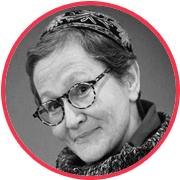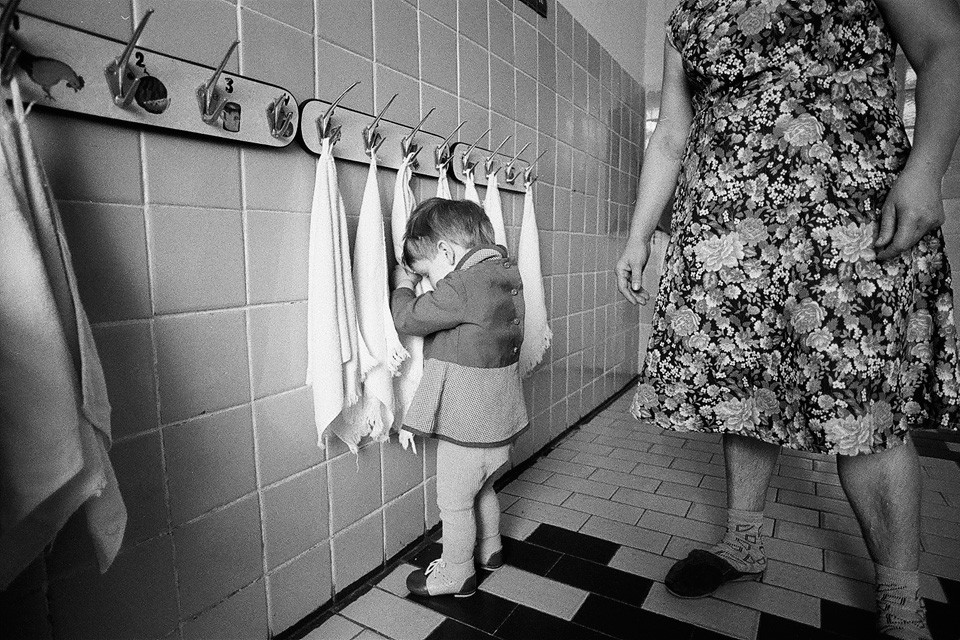“In the late 1980s the collapsing Soviet Union was a reign of feudal discords and igniting regional conflicts,” Viktoria Ivleva recollects. “All of them passed through me and the more I saw of them, the better I realized that I had zero percent interest in soldiers, their arms and their defying air. People interested me and what happens to them after soldiers left, the way they start sorting out debris of ruined houses, how they make a fire, how they look around to see where their children are and if their neighbours are still alive. At a certain point these kinds of stories from real life started involving me more and more. And after a while I sketched down a formulae of professional advice.”

If you are fastidious on a physiological level, don’t choose the path I’ve taken in journalism. You will never know where you’ll have to spend the night, what you are going to eat, what you are going to smell, who you will listen to or hug. At first you might feel this tip has nothing to do with journalism, but it is very important.
{ “img”: “/wp-content/uploads/2015/04/ivleva13.jpg”, “text”: “Tajikistan” },
{ “img”: “/wp-content/uploads/2015/04/ivleva14.jpg”, “text”: “Tajikistan” }
To be on equal terms both with a beduin and the English queen is an important quality. If you are unable to establish contact with people, there is nothing for you in journalism. Equality is important for people to be sincere and open with you. Once I had a conversation with a woman sniper, a professional killer. I realized that these kinds of people need to be part of any army. And even if they are not very pleasant to me personally, I also know that this killer is human and if I take this person to be human I will always find what to talk with him/her about. When you see a human in your subject, irrespective of their political views, you can try to understand what led them to the condition they are in.
{ “img”: “/wp-content/uploads/2015/04/ivleva18.jpg”, “text”: “Khodjaly” },
{ “img”: “/wp-content/uploads/2015/04/ivleva19.jpg”, “text”: “Khodjaly” }
In 1991 I came inside the fourth reactor of the Chernobyl Nuclear Power Plant and up to the present day I am the only journalist who has been there. I presume that each one of us has had to use the advantages of our own sex, the men working inside the reactor certainly found me more attractive than the colleagues of my own sex, who were also trying to get there. That’s why it was me who was taken inside the reactor, and not them.
Strange as it is, purely physical and hygienic aspects of it put aside, I think that a woman journalist has less difficulties in wartime than a man does. People tend to be less scared of women. A woman, by default, is less dangerous than a man — hence, it’s easier for her to gain trust, and that’s really essential in a war.
{ “img”: “/wp-content/uploads/2015/04/ivleva15.jpg”, “text”: “Chernobyl” },
{ “img”: “/wp-content/uploads/2015/04/ivleva16.jpg”, “text”: “Chernobyl” }
You shouldn’t rush while shooting lives of ordinary people. You need to become their friend for at least five minutes. You need to merge with their life to the degree where you’ll be an intangible part of their customary landscape, and then you and your camera will become unnoticeable. That’s when something really worthwhile might come up.
{ “img”: “/wp-content/uploads/2015/04/ivleva01.jpg”, “text”: “Penitential Establishment for Women” },
{ “img”: “/wp-content/uploads/2015/04/ivleva02.jpg”, “text”: “Penitential Establishment for Women” },
{ “img”: “/wp-content/uploads/2015/04/ivleva03.jpg”, “text”: “Penitential Establishment for Women” },
{ “img”: “/wp-content/uploads/2015/04/ivleva04.jpg”, “text”: “Penitential Establishment for Women” },
{ “img”: “/wp-content/uploads/2015/04/ivleva05.jpg”, “text”: “Penitential Establishment for Women” }
I have ten seconds for shooting, then I need start helping people because I am first and foremost a human, everything else is optional. Not a single time in my life have I regretted storing my camera and to help. I was the only journalist from the former Soviet Union to have been at the Ruanda war. I entered that war as a journalist and finished it with a driver picking up dying people from the roads and taking them to hospitals. For the Ruanda footage I didn’t receive a World Press Photo award or any other prizes, but the fact that I managed to pick up someone right in time for him to die on a clean hospital sheet and not in a field — makes me feel grateful for having accomplished something really important.
{ “img”: “/wp-content/uploads/2015/04/ivleva06.jpg”, “text”: “Ruanda” },
{ “img”: “/wp-content/uploads/2015/04/ivleva07.jpg”, “text”: “Ruanda” },
{ “img”: “/wp-content/uploads/2015/04/ivleva08.jpg”, “text”: “Ruanda” },
{ “img”: “/wp-content/uploads/2015/04/ivleva09.jpg”, “text”: “Ruanda” },
{ “img”: “/wp-content/uploads/2015/04/ivleva10.jpg”, “text”: “Ruanda” },
{ “img”: “/wp-content/uploads/2015/04/ivleva11.jpg”, “text”: “Ruanda” },
{ “img”: “/wp-content/uploads/2015/04/ivleva12.jpg”, “text”: “Ruanda” }





